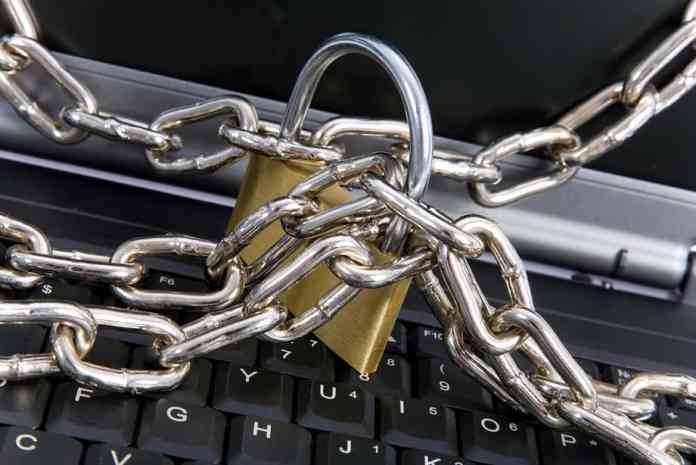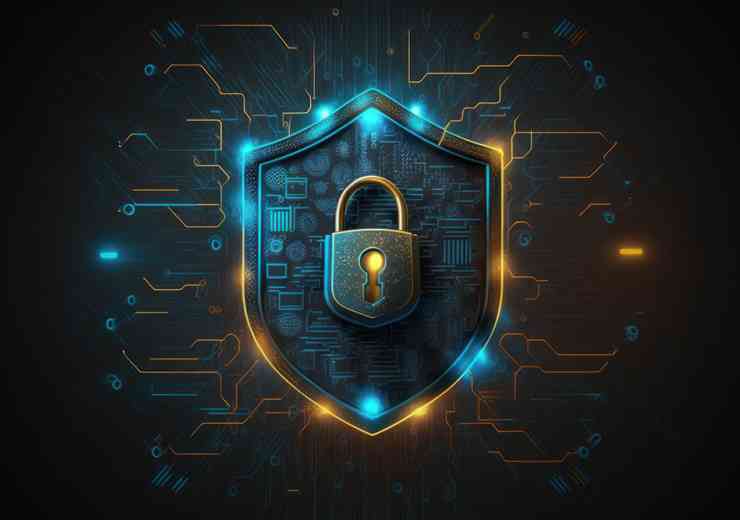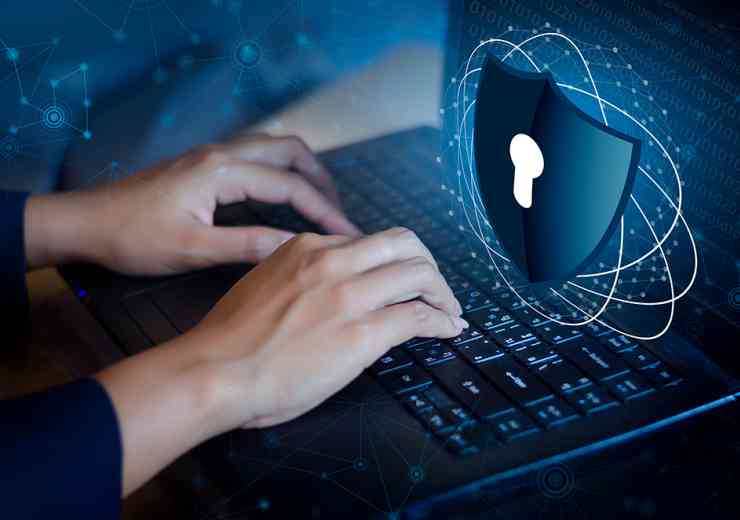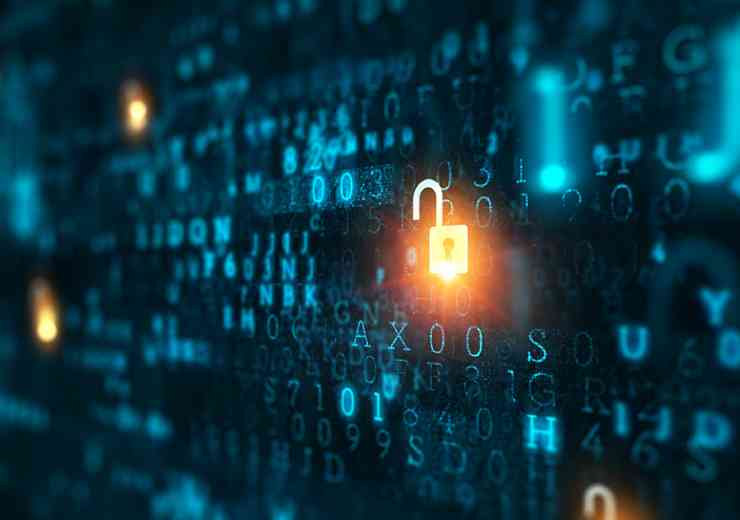
The lone wolf terrorist and the deep, dark web
In order to not become entangled in a ‘techie debate’ concerning the distinction between the ‘deep’ web and the ‘dark’ web, we will consider the parts of the world wide web that are not normally indexed by the regular search engines that most people use to browse – you know – Google, Firefox etc.
So, if you can’t find those sites using those search engines what do you do? Well there are specific types of browsers just for that which are actually legal. One such is ‘The Onion Router’ which allows you to exchange information which a high degree of anonymity. You can download it free and legally onto your computer or indeed even your iPhone. It protects us when making online payments and doing confidential transactions over the internet. In fact, over 90 per cent of the usage and indeed content of the dark/deep web is probably totally legal and beneficial. It’s that other 10 per cent or so that causes the problems.
Of all that ‘suspect’ content, we should be mainly concerned with: information useful to terrorists (how to make bombs, guns, tactics etc); sites selling material useful for terrorists (guns, explosives etc); sites radicalising & recruiting people to become terrorists; and sites providing a ‘secure’ channel for terrorists to communicate.
Of course information like this was always around in some form or another – just remember The Hit Man’s Handbook, published back in 1983 and all the furore it generated when the publishers were sued after it was claimed a triple murder was committed using this book as a blueprint. The point today is the sheer volume of such information available and the ease of getting it. Today you can probably research anything online at least ten or twenty times faster than popping into the best stocked and indexed library and doing things the old way with a book in your hand. So it’s really a matter of getting the most up to date and accurate information in as small a time as possible.
Guns and explosives have always been for sale, but now we can ‘advertise’ our wares on a global basis. Many Kalashnikov-type weapons, including machine guns, that were seized by British Police during the recent summer were found to be from the same source as those used in France in the Charlie Hebdo attacks. Many deactivated weapons can be bought quite legally in Slovakia and when they reach their destination be converted back again. Amsterdam is having a major problem with such weapons and at the time of writing we are all awaiting confirmation of the source of the weapons used in the recent Paris attacks.
Sympathisers of various causes are targets for other to radicalise by direct conversation or sermon. One friend of the author clearly remembers his father in Belfast pointing out an IRA Godfather who recruited young teenagers to patrol streets on the lookout for security forces. While they froze and got soaked in the rain he would take a taxi to the comfort of the local pub with the words ‘Oh, they have to be out there’ – no internet needed in those days. Today of course with videos and online blogs it is much easier to spread your message for good or ill. Some individuals have even managed to self‑radicalise before going on to commit heinous crimes or flee the country to join some illegal group.
Communication lines
Of course terrorist networks need communication. They need to exchange information and funds etc. When any organisations communication structure is compromised it is a massive blow, and if they don’t realise it is compromised then it is even more severe. The Nazis found this out the hard way with their reliance on the ‘uncrackable’ Enigma code. The IRA had to switch from the old Battalion/Company structure to the cell structure to survive. The deep/dark web promises to be a more secure form of communication.
All of this is theory and the internet is, in the final analysis, just a tool and that can be used by those promoting terrorism but also those preventing terrorism.
The practical impact on terrorists
When considering groups like ISIS, it is important to remember that communication is necessary to even attempt rudimentary co-ordination. The bigger it gets, the more communication is necessary at all levels.
And yet ‘poor communication discipline’ has traditionally been one of the weak points, especially of the radical Islamic groups. Details are quite rightly not fully available of all instances but many, or perhaps most, of the prevented attacks have been prevented because the communications necessary to set them up were compromised. The ISIS leaders tend to use a mobile phone for no more than a day or two before changing it. At least the ones that are left after the drones locked in on them assisted by information from their mobiles.
But this is very much a double edged sword. The UK’s GCHQ (the British NSA) and their NCA (National Crime Agency) have a special task force to tackle internet crime, especially on the more ‘hidden’ parts of the web. Certainly this includes child abuse, but terrorism has begun to be more and more prominent in their investigations. Of course the sheer volume of information and communications on the net makes it difficult to home in on specific messages but running a major terrorist organisation such as ISIS requires considerable communication and this allows patterns to be detected and studied and ultimately those very communications are used against their originators.
What of the ‘Lone Wolf’ terrorist?
Let’s clear up one misconception first. Some have argued that because ‘lone wolf’ terrorists are alone they do not do as much damage as the larger organised groups. Not so. In fact, they are growing in number and sophistication and are every bit as dangerous as their larger ‘brothers’.
Certainly in the USA, if we exclude the 9/11 attacks, the lone wolf has been the biggest problem. Timothy McVeigh, the Oklahoma bomber, John Allen Muhammad, the Washington Beltway Sniper, Dzhokhar Tsarnaev, the Boston Marathon bomber (yes, OK, he had his brother but I’m still counting them together as lone wolves) have all had a major impact and don’t forget the Unabomber campaign all through the 1980s.
It’s not just the USA that has suffered from the lone wolf. Sweden had Anders Breivik and even the UK has had some lone wolves and even a lone wolf ‘pair’ – like we saw in Boston – Michael Adebolajo and Michael Adebowale who stabbed an off duty soldier. The first Anthrax attacks and mid-air plane bombings were perpetrated by lone wolves and they have even flown planes into buildings long before 9/11.
Now it can be argued that the rise of the internet has been linked to the rise of the internet. You can get radicalised much easier and getting the necessary information to draw attention to your particular cause/philosophy is easier than ever before. I could now ‘strike a blow’ against the visiting or resident citizens of any foreign nation whose policies I disagree with or even any government or commercial organisation in my own country. No need to fly off to Afghanistan and join the Taliban, you can be just as deadly from the comfort of your own armchair.
However, this apparent ‘boon’ to would be terrorists comes with a price, and offers a temptation as fatal as it is irresistible. We all leave a footprint on the internet, every time we use it. Although civil libertarians quite rightly have legitimate concerns of government ‘snooping’, that footprint will never and can never disappear. The more usage the terrorist gives the more likely he is to be identified. It is similar to the ISIS leaders using the same mobile phone for too long; it just invites a drone strike or, in the case of our lone wolf terrorist, a 3am front door kick down by some anti terrorist task force.
Benefiting from the web
But what is the point of killing, bombing, chemical or biological attacks if we don’t get to say why we are doing this? We need to promote our agenda and possibly pander to our own ego’s as we do so. What better way to spread our message than through the World Wide Web and the plethora or blogs and chatrooms on the ‘net?
Anders Breivik published his manifesto on the net, as have many others, and this has led to the downfall and detection of many of them. Please don’t think that if we find a chatroom dedicated to griping about our horrible ‘big brother’ government and how all of us righteous mal contents should bring it down by whatever violent means possible that everyone there is as happy with your own ideas as you are. Or even that such chatrooms are unknown to that very same government – after all they are called ‘big brother’.
So the internet is now reaching a point where the dangers and disadvantages of use are beginning to match the advantages – especially for our ‘lone wolf’.















